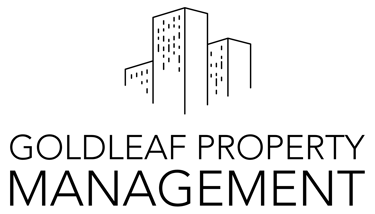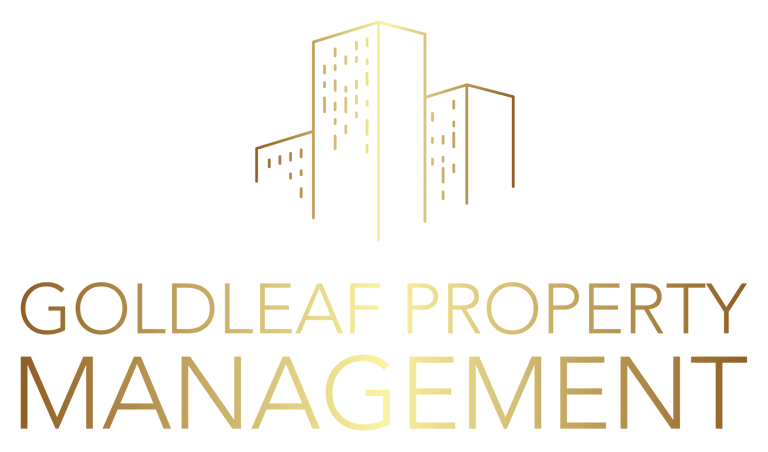Navigating Condo Fees: What You Need to Know
Explore essential insights into condominium fees in this informative article. Learn how condo fees are determined, what services and amenities they cover, and gain practical tips for managing and budgeting for these costs. By understanding the financial aspects of condo ownership, you can enhance your living experience and engage more effectively with your condominium community.
10/14/20243 min read


Navigating Condo Fees: What You Need to Know
Condominium living offers many advantages, including shared amenities and maintenance-free living. However, one critical aspect that all condo owners need to understand is the condominium fees. These fees are essential for the smooth operation of the community, but new condo owners often find them confusing. In this article, we’ll explore how condo fees are determined, what they cover, and tips for managing and budgeting for these costs.
How Condo Fees Are Determined
Condo fees, often referred to as homeowners association (HOA) fees or maintenance fees, are set by the condominium board based on several factors. Here’s how the process typically works:
1. Operating Budget
The board prepares an annual operating budget that details the expected income and expenses for the condominium. This budget takes into account ongoing costs such as:
Utilities: Electricity, water, gas, and heating costs for common areas.
Maintenance and Repairs: Regular upkeep of shared amenities and common areas, such as landscaping, elevator maintenance, and cleaning services.
Insurance: Costs for insuring the condominium building and common areas.
2. Reserve Fund Contributions
In addition to the operating budget, the board also determines how much will be allocated to the reserve fund. The reserve fund is crucial for covering future major repairs and replacements, such as roof repairs or HVAC system replacements. The contribution to this fund is often based on a reserve fund study that assesses the condition of the property and estimates future costs.
3. Total Units
The total number of units in the condominium also impacts how fees are calculated. Each unit owner generally pays a proportionate share of the total fees, which is often based on the size of their unit or its percentage of ownership in the entire property.
What Condo Fees Cover
Condo fees can cover a broad range of services and amenities, making it essential for owners to understand what they are paying for. Common inclusions in condo fees include:
Common Area Maintenance: Upkeep of hallways, elevators, lobbies, and outdoor spaces.
Utilities: Shared water and heating costs, and sometimes even electricity for common areas.
Safety and Security: Costs associated with security systems, cameras, and personnel.
Amenities: Maintenance of shared facilities such as gyms, pools, gardens, and recreational areas.
Management Fees: If the condominium employs a property management company, those fees may also be included.
Understanding what is covered by your condo fees can help you appreciate the value of the services provided and justify the costs.
Tips for Managing and Budgeting for Condo Fees
Managing condominium fees can feel challenging, especially for new owners. Here are some tips to help you budget effectively:
1. Review Financial Statements
Request and review the condominium’s financial statements regularly. This includes the operating budget, reserve fund status, and past financial performance. Understanding how funds are collected and spent can provide insights into the necessity of fees and potential adjustments.
2. Plan for Increases
Condo fees can increase over time due to various factors such as inflation, rising utility costs, and increased maintenance needs. Be prepared for these increases by setting aside a small savings fund to cover potential fee hikes.
3. Engage with the Board
Stay informed by attending condominium meetings. These meetings provide valuable information about upcoming projects, financial strategies, and potential changes to fees. Engaging in discussions can also give you a voice in decision-making and help build community spirit.
4. Create a Personal Budget
Incorporate your condo fees into your overall monthly budget. Consider all expenses associated with living in your condominium, including mortgage or rent, utilities, and personal expenses. This comprehensive view will help you allocate funds appropriately and avoid financial strain.
5. Explore Options
If you find that fees are excessively high, engage with the board to explore cost-cutting measures or suggest alternative solutions. Some condominiums can benefit from enhanced energy efficiency or bulk purchasing for utilities, helping to reduce overall costs.
Conclusion
Navigating condominium fees is an essential part of condo ownership. Understanding how these fees are determined, what they cover, and how to manage your budget effectively can enhance your living experience and foster a sense of community in your condominium. By staying informed and actively participating in board discussions, you can ensure that your fees contribute to a well-maintained and enjoyable living environment. Embrace the benefits of condominium living while being proactive about managing the associated costs!






